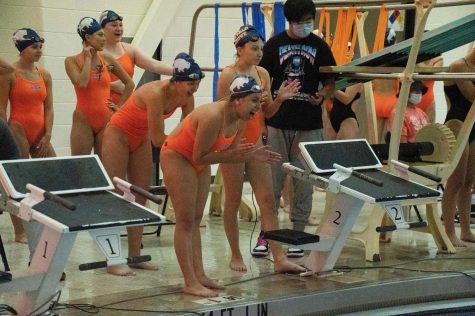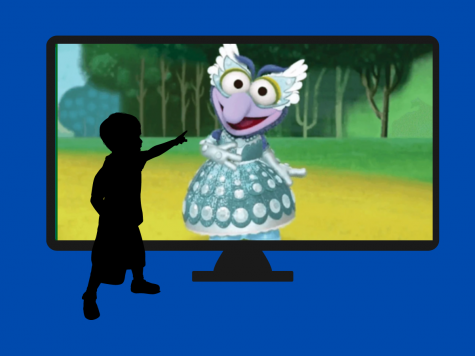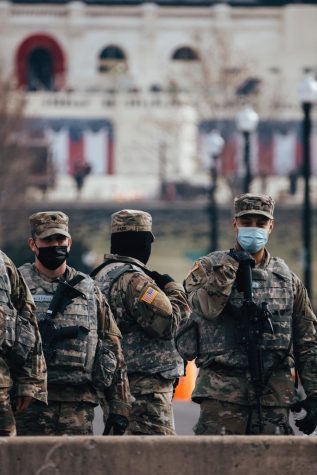Sincere friendships have more benefits than social status
Whether one is outspoken or not, when teenagers reaches their freshman year of high school, they fall under the preconceived notion that every move they make is underneath a magnifying glass. People who weren’t self conscious in middle school start to wonder, “Do I act too weird? Should I try to be more like them?” The decision may or may not be conscious, but often times kids will jump between friend groups looking for a good place to fit on the social ladder.
At the time, forging a new friendship for individual gain may seem like a decent decision. But as you go through the motions of finding these new friends, step aside and think about life after high school. One must consider whether or not it involves these so–called friends, or the true ones that have been through it all.
In a few years, it will not matter who was “popular” in high school. When one gets caught up in thinking that way, it’s easy to drift away from true friends.
This isn’t just negative peer pressure, either. Maybe a friend comments that the way one dresses isn’t “cool” enough. That can cause someone to feel more insecure than he or she was previously, and spurs motivation to change in order to fit in.
It causes one to wonder: “If this person was really my friend, would I have been criticized that way?” There is a part in everyone that always wants to assume the best in others, but in high school, people start to see that not every friend aspires to help you.
Most students don’t put a lot of thought into it, as all they can think about is the need to fit in. If listening to your so–called friend will help you achieve that, so be it. Many times, people don’t realize that changing themselves to fit in isn’t the best option until it’s too late.
“I think that it’s a process of reflection,” counselor Francesca Pecoraro said. “You look back on high school, and you see the person you were the people you were with, and sometimes you realize that maybe you didn’t make the best decisions.”
That being said, with the departure from high school comes the road to becoming an adult. On this road, teenagers must take the things learned and apply them to their lives, including quality high school friendships.
One of my best friends and I have known each other since we were little kids. Even when we have both felt out of the loop and discluded from the more revered social groups, we have always made the decision to stick by each other.
After high school, the issues of fitting in disappear, and all that matters is one’s personality and who surrounds him or her. That is why I value having a good group of friends that will stick by me and never asks me to change.
“College and afterwards are usually the times when friendships get tested,” Pecoraro said. “Those post–college years are usually when adults choose to settle down. In most cases, it’s harder to see a friend once you have other obligations concerning you. But those true friends remain as you try to fit one another into your busy schedules.”
Sophomore Jessica Reese says her mother still speaks to many of her high school friends, and they’ve maintained strong friendships over the years.
“My mother’s high school friends are actually some of our closest family friends,” Reese said.
High school friendships are not built to aid in raise social status. They are built to remind teenagers of the people they were, and the people they have chosen to become. Best friends are a reflection on lifestyle, and I, personally, would rather look at them, look at myself and love what I see.




